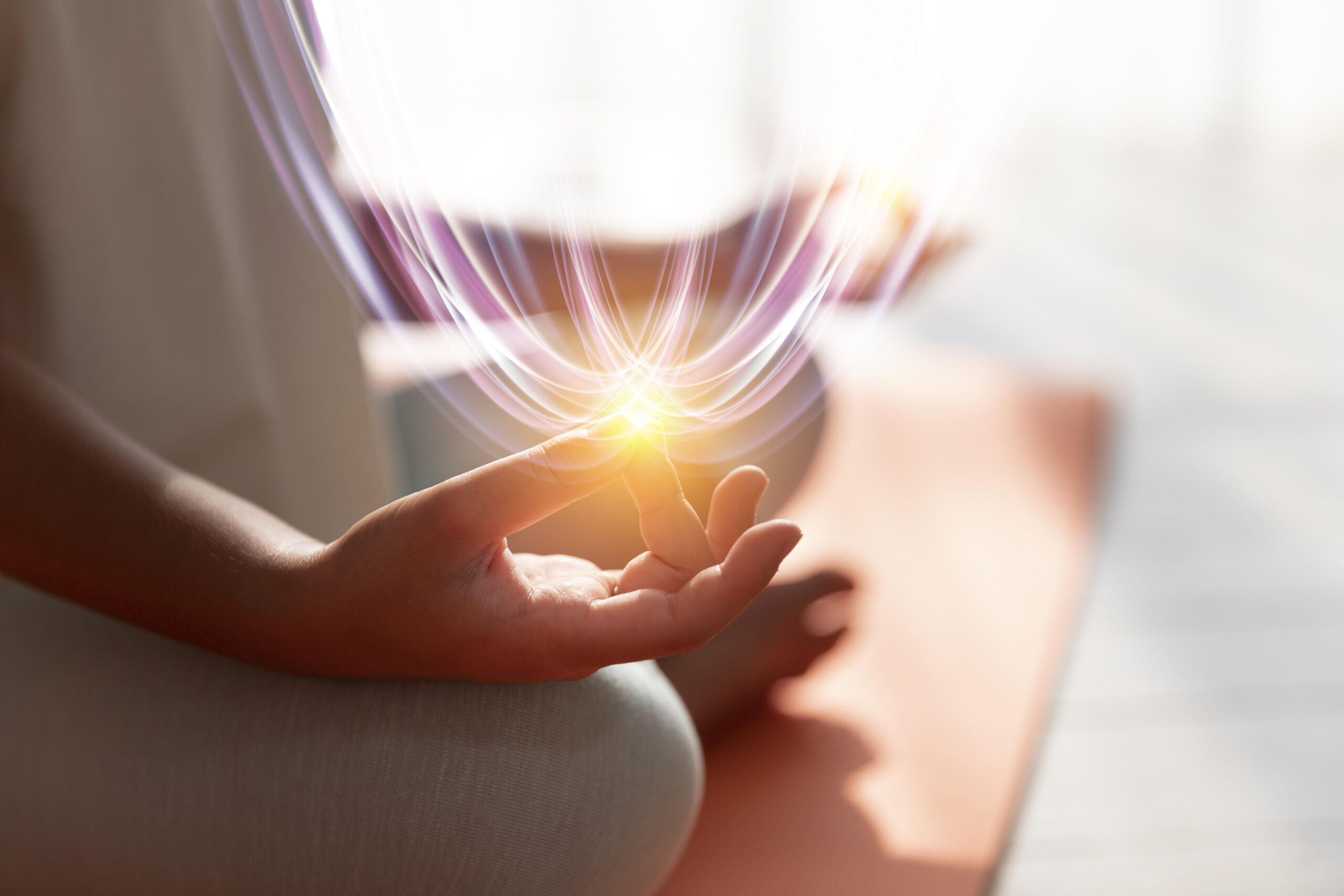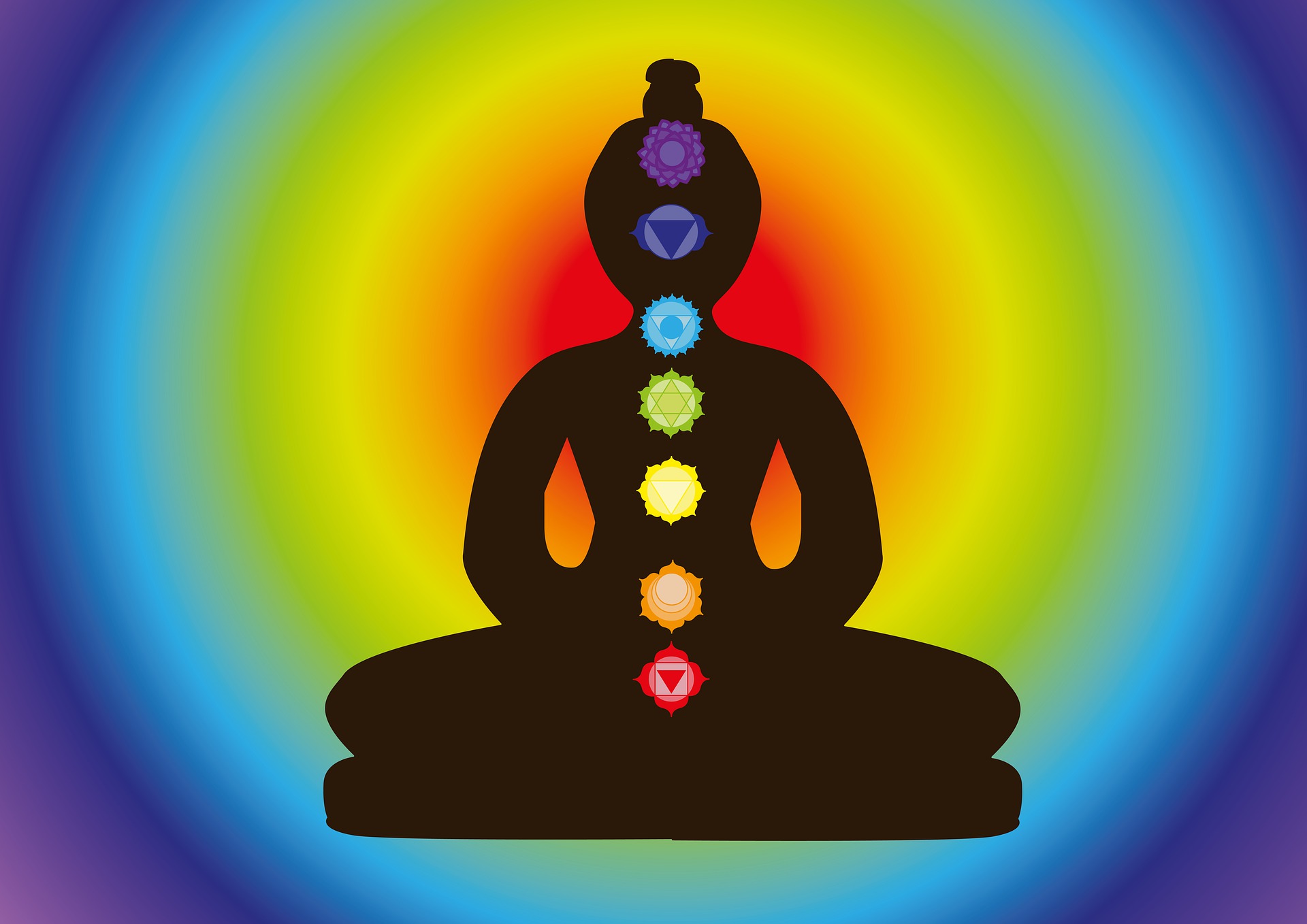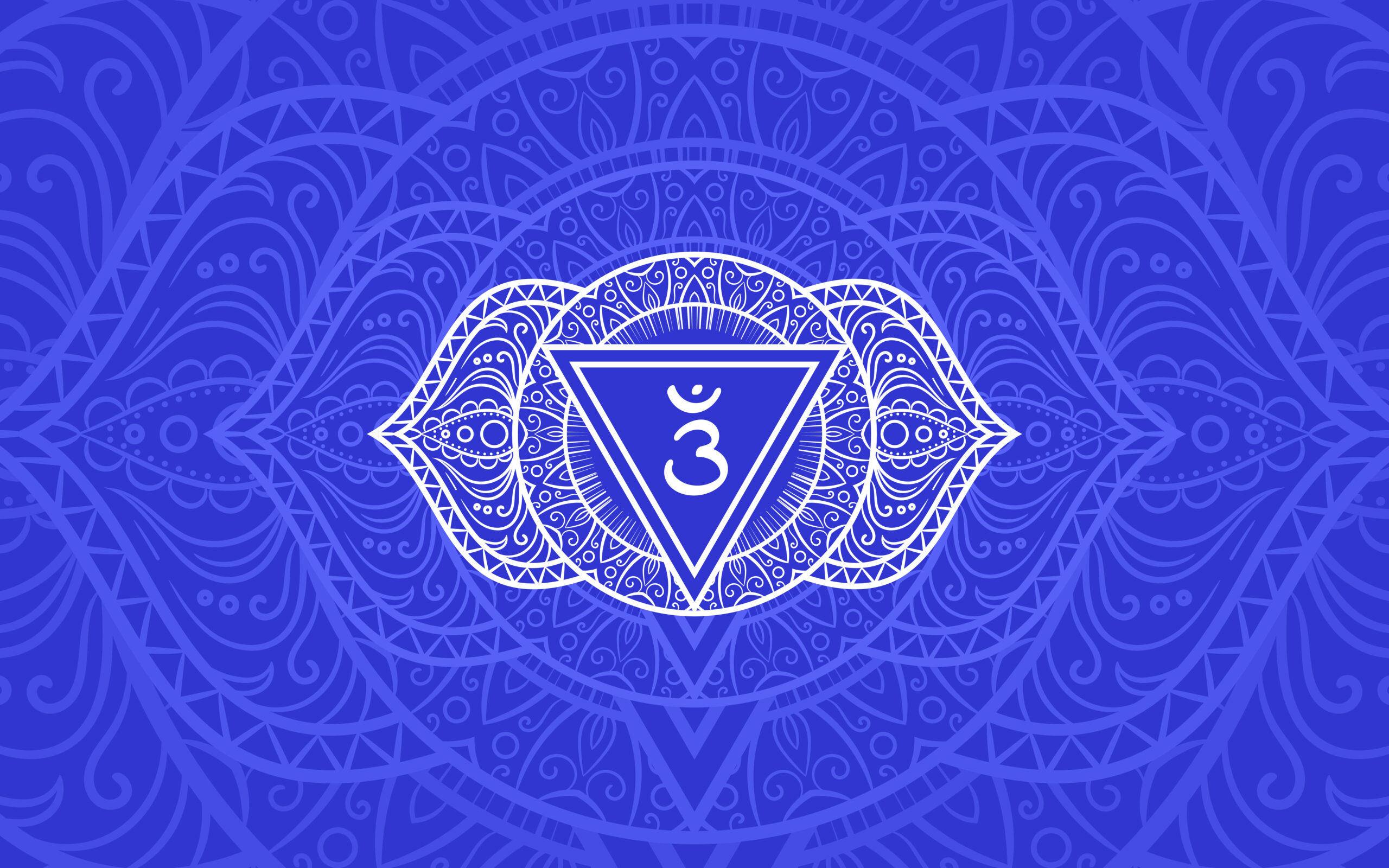Photo to Pixabay on Pexels
What is Spiritual Awakening?
Spiritual awakening is the process of becoming conscious of life and its forces beyond the physical form. It is understanding the expanded state of consciousness, which always existed without your acknowledgment.
Cultures and belief systems across the globe have given multiple definitions to spiritual awakening, each of which highlights its own ways and processes to attain enlightenment. One of the common elements underscored in all of them is that the awakening starts with you and is deeply embedded within you. Some of the most common first set of questions that you would deliberate upon in the journey of awakening include:
Who am I?
Where did I come from?
Why am I born in a particular place, around a particular set of people, with a particular set of situations?
What is the purpose of my life?
What are my life lessons?
As you begin to think and explore all possible ways to seek responses to the questions, you open up yourself to the expanse of spirituality.
Delusions about the Impact of Spiritual Awakening
Spiritual awakening can have varied implications for everyone. Let’s understand some delusions around it.
1. Detachment
Detachment is often a misconceived term for cutting all cords with people and relationships around you. Detachment isn’t letting go of your relationships, responsibilities, hobbies, or job; it is about being deeply involved, yet not entangled. It is the act of letting go of the desire to control situations or people and letting go of the results of your efforts or actions.
So the next time you get rejected in a job interview or your partner is upset with you, you will be more focused on finding a relevant solution to the issue and not entangled in feeling sad or lonely. Spiritual awakening brings in the sense of detachment so you can control your emotions and choose to respond and not react.
2. You are left alone

Another common misconception of spiritual awakening is that you would move away from current relationships. Spiritual awakening is the process of realization of oneness with the whole of humanity, let alone letting go of your loved ones.
Having said that, spiritual awakening is a life-transforming realization about yourself and your beliefs. When the newfound beliefs do not find a space in your current relationships, you lack a meaningful connection with your friends or family. This, many times, is a temporary phase and is often replaced with a sense of acceptance and unconditional love for everyone around you.
The feeling of loneliness isn’t due to your awakened self. It is rather due to your deep desire to connect with someone who matches your vibrations. Talking to a group of meditators or spending time in nature are great options while transitioning.
3. Spirituality and spiritual awakening is not for highly successful people
Do you think spiritual seekers are not good at their work or relationships? Do you think they would rather prefer being alone or have challenges in garnering material wealth?
Popular to the contrary belief, spirituality teaches you some of the incredible learnings on having loving relationships, divine surrender, being more mindful, and reducing depression and anxiety. Being more present in the moment transforms our brains to improve focus, thus improving performance at work, and even has the potential to reduce our chronological age. People who are spiritual are more equipped to manage day-to-day challenges, foster deeper professional and personal connections, and are exemplary leaders.
4. It has a religious connotation
Spirituality has no correlation with religion, caste, creed, sex, or color. The very foundation of spirituality is based on soul connections and the evolution of souls. And souls are beyond the identities of the physical body, country, and religion.
Unlike religion, spirituality does not limit your belief in a set of rituals. While all religious practices are based on pre-defined rules, spirituality is more open to the modes one can adopt to unite with each other and the universe.
5. Stages of Spiritual Awakening
If you are initiated on the journey of awakening, do not look for milestones. Because there simply are none!
Each spiritual journey is different because it is led by different people, walking at their own pace, understanding lessons that are best fit for them, and managing challenges they are capable of facing. All of us are rightfully different, and so are the ‘stages of spiritual awakening’.
Do not go by the stages of awakening experienced by someone else, as yours may turn out to be completely different. Mother Teresa may have found her calling in unconditional service to others, yours may be to empower your own self. Your spiritual journey and inner calling are distinct from all others.
6. Spirituality is a practice of renouncing the material world
While it is a choice taken up by a select few, it is not the only way to practice spirituality. Adopting spiritual practices is not driven by renouncing your family or jobs or making any shift in your larger lifestyle. There may be a part of you that feels if you practice spirituality, you may lose everything you love or deprive yourself of simple pleasures. However, on the contrary, spirituality would make you more ecstatic than anything else, leaving you with the least emotional and physical impact of factors outside of you.
7. Spiritual awakening is a draining experience
Remember the body ache when you hit the gym for the first time? Or after your first day of yoga session? Feeling your muscles stiffen or ache is normal after an exercise, as you push your body more than it is used to.
Spiritual awakening is giving a gentle push to your soul journey. That means you may experience some physical or emotional discomfort in the process of spiritual awakening. However, we often relate to it as an energy-draining experience, which is highly misconstrued. As spiritual awakening brings in tremendous healing of body and soul, it transforms you profoundly, which can manifest in the form of temporary pain or food allergies. The pain indicates the shift in the body in order to become a stronger and healthier version of yourself.
The awakening also brings up the unresolved emotions and traumas that need to be faced and healed. You would also be opened up to become more empathetic and sensitive to everyone around you. This will not just be for friends, family, and fellow humans but all the life forms. Further, the dissolution of ego will challenge every belief you had so far. Know that this can seem challenging, but the transformation is worth the effort.
If you find it challenging to deal with the shift, seek support, engage in self-care practices, and embrace the opportunities for healing and growth.
Conclusion
Spiritual awakening is the first step to a transformative shift in your soul journey. Get ready to embrace the journey of self-discovery and personal growth, while transcending your suffering and finding inner peace. It is your irreversible shift in fostering deeper connections, healthier communication, and garnering a greater capacity for forgiveness and love.
















